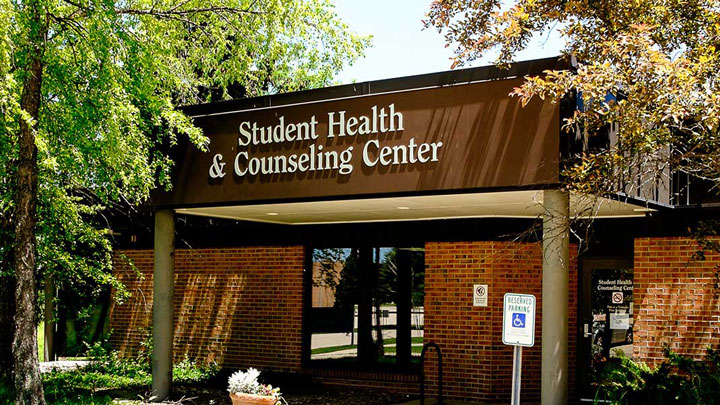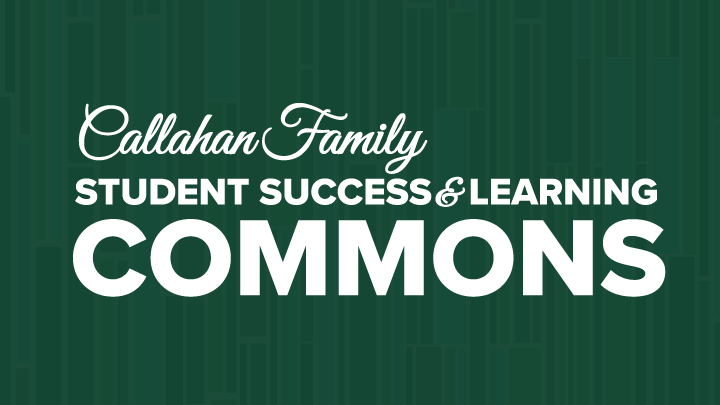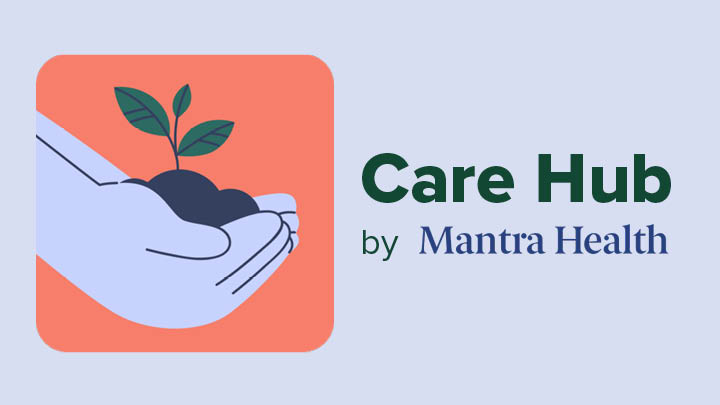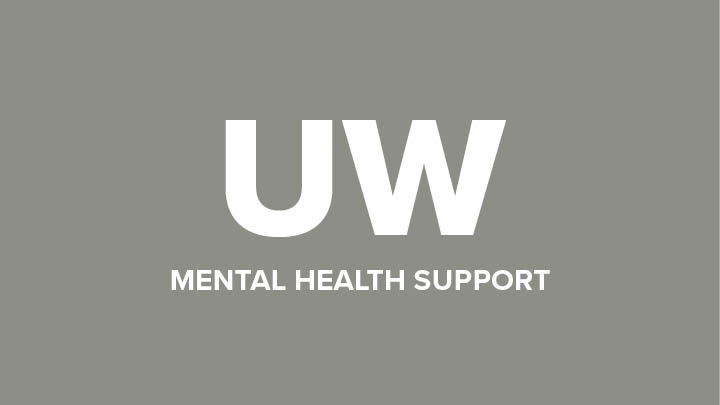Red Folder
Responding to students in distress
The Red Folder initiative is a guide to help faculty, staff and others who interact with students to recognize, respond effectively to, and refer a student as necessary.
There is also information available in a Canvas course entitled Canvas, Recognize, Respond, Refer. Click here to enroll.
Recognize
These are the most common signs of distress. Students may present with signs that are not listed.
Academic
Sudden decline in quality of work and grades
Frequently missed classes and assignments
Disturbing content in writing or presentations
Classroom disruptions
Consistently seeking personal rather than professional advice
Multiple requests for extensions or special considerations (a change from prior functioning)
Doesn't respond to repeated requests for contact or meetings
Academic assignments dominated by themes of extreme hopelessness, helplessness, isolation, rage, despair, violence or self-harm
Psychological
Self-disclosure of personal distress like family problems, financial difficulties, assault, discrimination or legal difficulties
Unusual or disproportionate emotional response to events
Excessive tearfulness, panic reactions
Verbal abuse like taunting, badgering or intimidation
Expression of concern about the student by peers
Physical
Marked changes in physical appearance like poor grooming or hygiene or sudden changes in weight
Strange or bizarre behavior indicating loss of contact with reality
Visibly intoxicated or smelling of alcohol or marijuana
Rapid speech or manic behavior
Depressed or lethargic mood or functioning
Observable signs of injury like facial bruising or cuts
Safety Risk
Verbal, written or implied references to suicide, homicide, assault or self-harm behavior
Unprovoked anger or hostility
Physical violence like shoving, grabbing, assaulting or use of a weapon
Stalking or harassing
Communicating threats or disturbing comments in person or via email, text or phone call
Respond
Use these important tips to determine the most appropriate response for a distressed student.
1. Stay safe
If there is an imminent danger to you, the student, or someone else, call 2911 from your campus phone or 262-595-2911 from your cell phone.
2. Take your time.
If this is not an imminently dangerous situation, take time to listen to the student's concerns and how you might be able to help.
3. Stay calm
Take a few deep breaths to calm yourself. Use a calm voice when talking and asking questions.
4. Use active listening
Make eye contact, give your full attention. Restate what the student says to make sure you understand what is causing the distress, and/or what they are asking for help with.
5. Ask direct questions
Don't be afraid to directly ask the student if they are having thoughts of harming themselves or others. By asking, you are not instilling the thought.
6. Refer
Connect the student with the appropriate campus resource(s) for additional support.
Refer
Is the student in immediate harm to self or others?
YES
What to do:
- Is there an imminent danger to you, the student, or someone else? Call 2911 (from your campus phone) or 262-595-2911 (from your cell phone)
I'm Not Sure
Signs of distress are visible but the severity is unclear. The interaction has left you feeling uneasy or concerned about the student and you’re not sure how to proceed.
What to do:
- Consult with a counselor from Student Health and Counseling Center on how best to support the student. Call 262-595-2366, M-F, 8 a.m. to 4:30 p.m. After hours, contact University Police.
NO
What to do:
- See our list of campus resources below to connect the student with support on campus.
Resources

Student Health and Counseling Center
262-595-2366
East of Tallent Hall
shcc@uwp.edu

Callahan Family Student Success and Learning Commons
Wyllie Hall D2

Self-Care
Short, self-guided wellness courses for students wanting to reduce stress, navigate difficult situations and build health relationships. Available through the Care Hub by Mantra Health.



